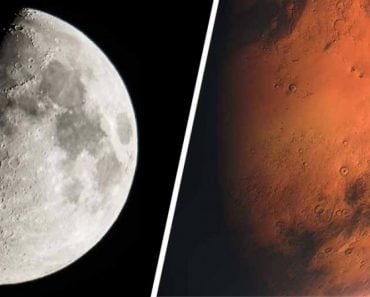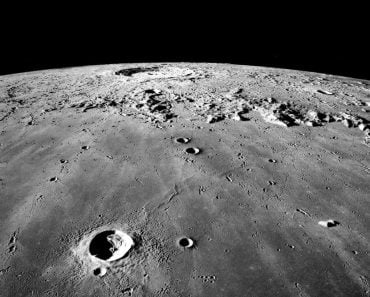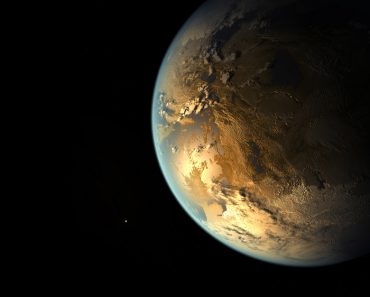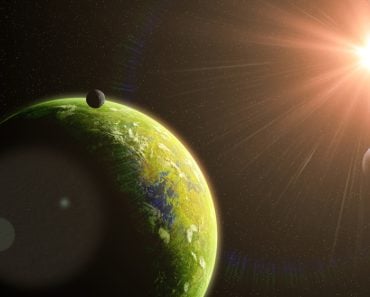The harsh environment of Mars has earned it the title of the “dead planet.” One of the major reasons is the lack of an atmosphere.
Mars, often referred to as the “Red Planet,” has long captured humanity’s imagination with its crimson hue and intriguing mysteries. This pursuit for signs of ancient life on Mars has been an important driving force in modern science and space research. The mere possibility of another habitable planet existing in our own solar system has led to more than a decade of ground-breaking missions. Results obtained by scientists to this point reveal a rather different Mars than what we had long imagined.
Recommended Video for you:
The Lifeless Planet
The extremely harsh and inhospitable environment of Mars has earned it the title of the “dead planet.” Nonetheless, it does make one wonder why this planet is considered so lifeless and inhabitable? Well, there are multiple reasons why Mars is called the “dead planet.” One of the major reasons is its lack of an atmosphere. Mars’ atmosphere is nearly 100 times thinner than Earth.
Lack of sufficient oxygen, nitrogen and other essential gases makes the air quite thin, which allows for cosmic rays to penetrate the surface freely.
One cannot possibly imagine sustaining life on this planet if it is consistently being hit by harmful solar and space radiation. Moreover, the absence of a robust greenhouse effect contributes to extreme temperature fluctuations, which make the planet unsuitable for supporting life. However, not all hope is lost, as scientists and engineers are working hard on the problem of making this planet habitable.
Water Scarcity
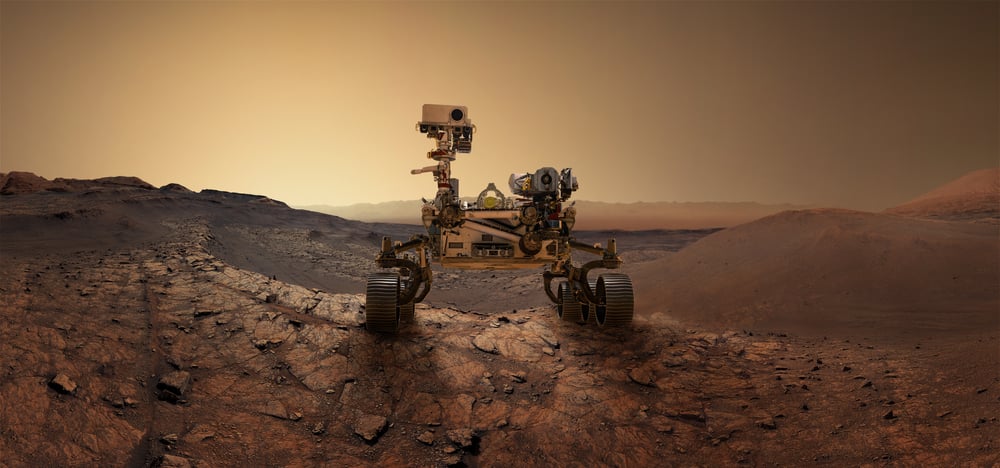
Astrobiologists have confirmed that Mars once possessed vast oceans and rivers, just like Earth, but it is now a dry and barren land. The little water that remains on the planet is mostly in the form of ice at the polar ice caps and underground. NASA recently confirmed that liquid water flows beneath the surface of Mars based on the findings from NASA’s MRO.
A spectrometer was used to observe the planet’s surface. It showed traces of salts at multiple locations, but these salts weren’t hydrated salts; instead, they were hydrated minerals.
These hydrated minerals are called as perchlorates, and such minerals are shown to keep liquids from changing their state even in cold temperatures. They were found in the soil and dust of Mars, and are highly soluble in water.
Absence Of A Magnetic Field And Its Consequences
Mars lacks a global magnetic field, and the absence of this protective shield is one of the reasons why the surface of the planet is so frequently hit by intense radiation. A planet’s magnetic field is generated by the movement of molten iron and nickel in its outer core.
The core acts as a dynamo (the motion of molten metal in the core) producing electric currents, which then creates a magnetic field. This occurred on Mars for a while, until the core cooled down, eventually resulting in a cessation of the magnetic field.
While Earth’s core remains active due to dynamo, the core of Mars lost its ability to maintain convection flow. Although this has not been proven, it is a popular hypothesis believed to be true by the majority of scientists.
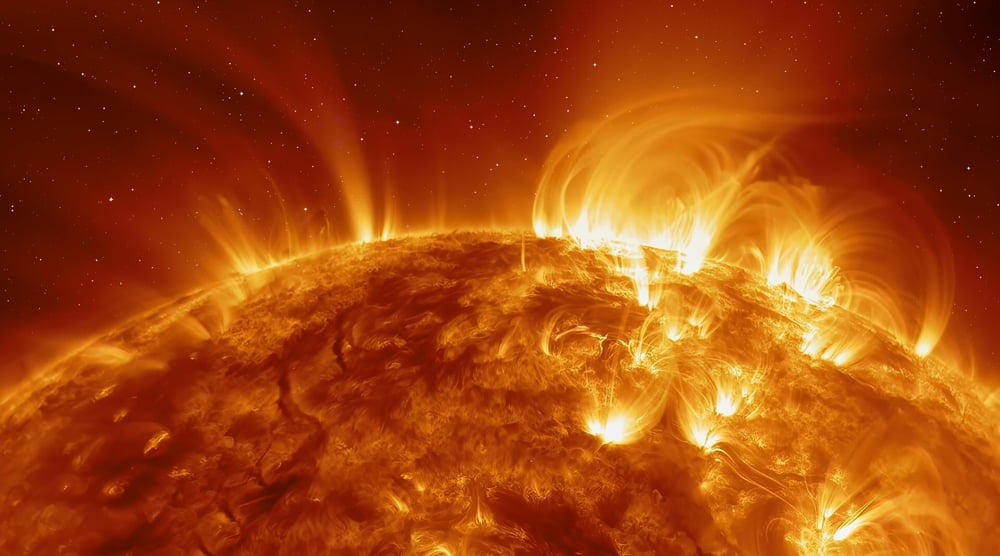
Tectonic activity can also play a role in generating or sustaining a magnetic field. On Earth, the movement of tectonic plates creates friction and stress, leading to the circulation of molten materials in the core, helping to maintain the magnetic field. Mars, however, lacks significant tectonic activity, as compared to Earth. Without the same level of plate movement and related geological processes, there is less energy available to power a magnetic dynamo on Mars.
An important point to note here is that while Mars lacks a global magnetic field, it does have localized magnetic regions on the surface. These regions are also called magnetic anomalies, and are remnants of the planet’s ancient magnetic history. Scientists continue to put effort into understanding these anomalies, as they also give information about the planet’s evolution over the years.
How Can We Possibly Turn Mars Into A Habitable Planet?
One of the proposed possibilities in turning this planet’s environment into a habitable zone is by terraforming – a process of altering the environment. As there has been definite evidence of organic matter on the surface of Mars, it is confirmed that Mars once contained carbon-based compounds, known as organic molecules. Using the gases, molecules and organic matter present in the atmosphere, along with the Rovers stationed on the planet, many have proposed thickening the planet’s atmosphere and potentially melting ice to release water.
Summing Up
The accuracy of the “dead planet” label will not change for quite some time, but despite its lifelessness, Mars will continue to remain an essential destination for research, exploration and potential space tourism (whenever that happens!). It holds scientific knowledge of great importance, which will only aid our understanding of the origin of life and the possibilities of extraterrestrial habitats. The quest to unlock Mars’ secrets continues, and as technology advances, who knows what other surprises this enigmatic neighbor might reveal to us in the future!

